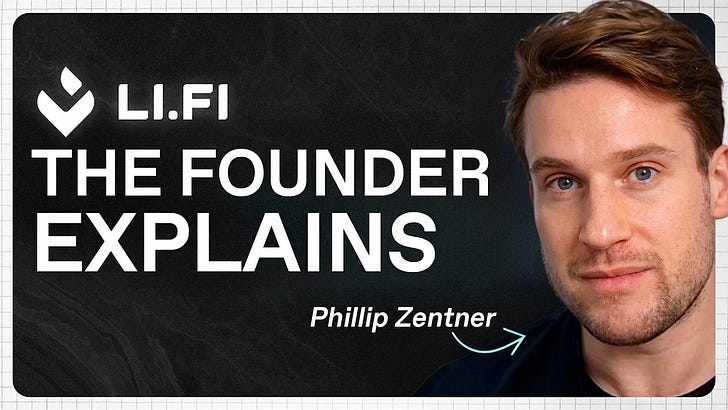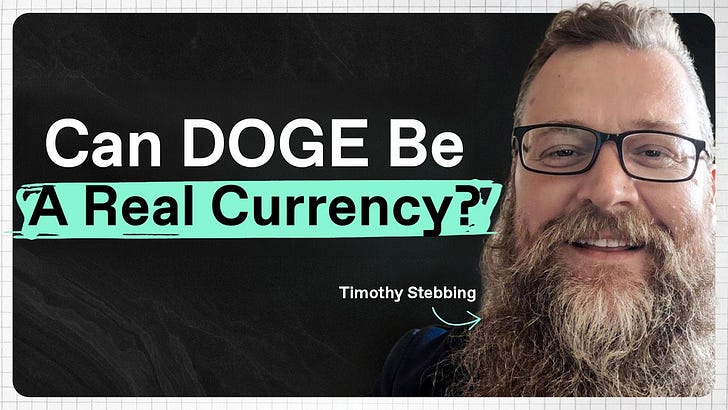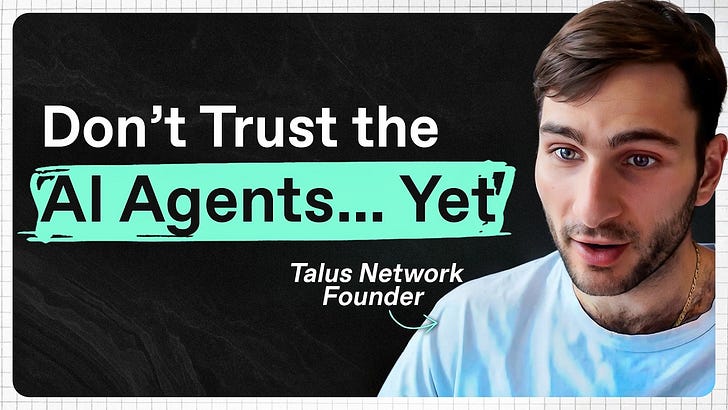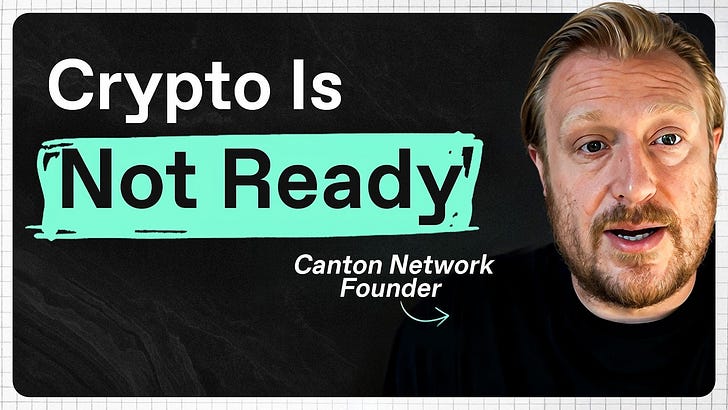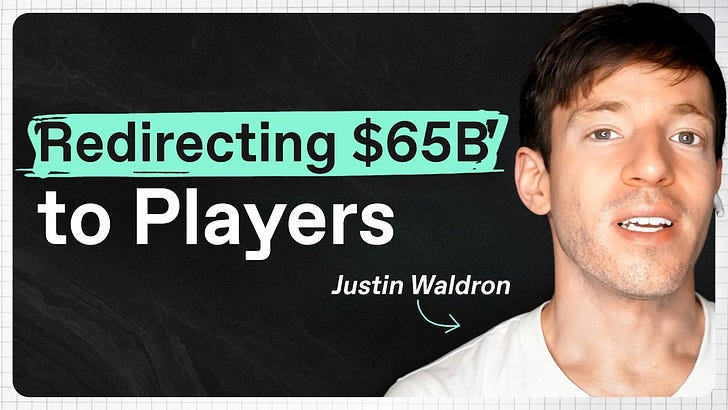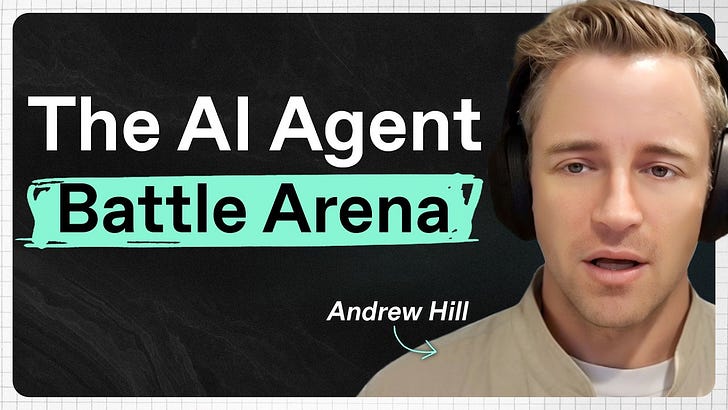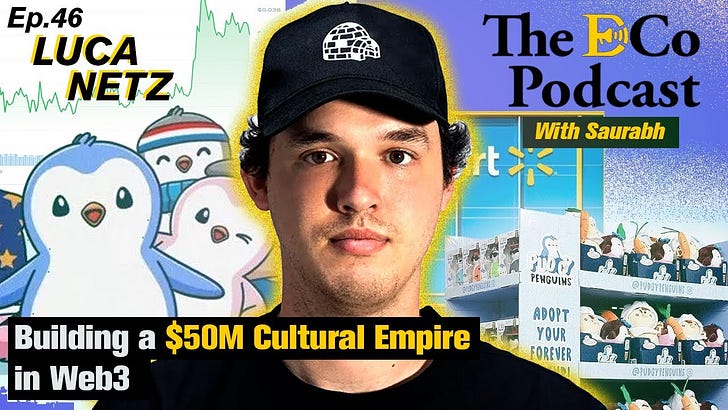Hello!
EIGEN’s token became transferable earlier today. Sreeram Kannan, the founder of EigenLayer, joined us for his first podcast since the token went live.
His career arc has been interesting. It started with a PhD in wireless networks. His focus then switched to genomics before an advisor sent him down the blockchain rabbit hole. Blockchains, according to him, are the natural extension of enabling internet-scale, self-enforcing systems for human coordination. Let me explain what I mean by that.
Consider gold. Humans agree that it has a certain amount of value attached to it. This is a truth we commit to. A constitution is a set of societal commitment systems that have established certain rules citizens agree to adhere to. Legal institutions enforce it. Society works because there are truths we commit to.
Bitcoin has two layers of truth that the system commits to. One of scarcity—in that there is a limited number of bitcoin. And the other of ownership. You own your coins if you have your keys. Ethereum helps developers scale the kinds of commitments they can make to their users. On Uniswap, a seller of a token is guaranteed that they have free-market pricing for the token.
Smart contracts are mechanisms for scaling the types of commitments humanity can make to an internet scale. But they need a system of trust. This is where EigenLayer’s actively validated services (AVS) help. Don’t worry if that sounds a bit technical. Sreeram breaks down how all of it works in simple terms in the episode.
Blockchains only help us agree on truths that they understand. Like the status of a transaction for instance. Let’s call them on-chain truths. But if we have to scale our coordination using blockchains, we will have to bring objective off-chain truths on-chain. EigenLayer does that by introducing the idea of intersubjective forking. This forkability is a built-in feature of the EIGEN token, which sets it apart from the rest of the tokens.
For instance, if validators act maliciously, the token can be split into a new version, allowing the community to decide which version reflects the "truth."
The token’s value lies in staking to provide services, governance rights over Eigen’s multi-sided marketplace, and its ability to enforce "human-observable" commitments in a crypto-economic way. The goal is to create a cycle where more services bring more users, driving the token's value and attracting more builders. Sreeram says that it is not just about crypto; it is about transforming how we coordinate as a society.
Tune in, to understand why.
Signing out,
Saurabh Deshpande
Related Reading:




